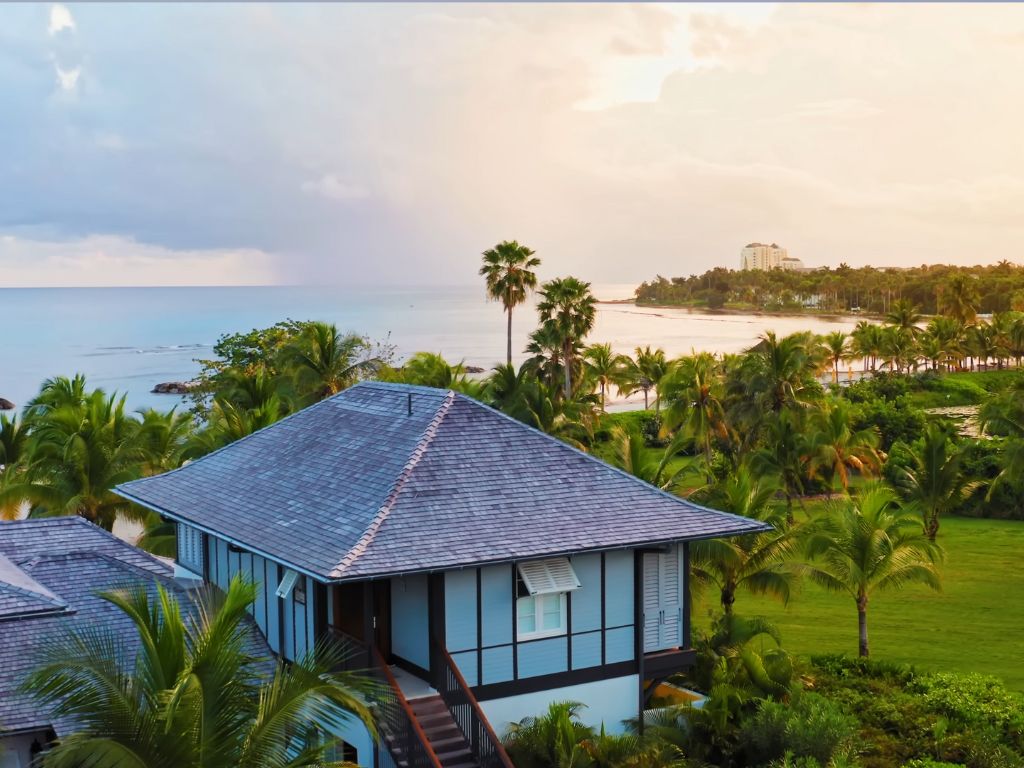Did you know that Jamaica’s homicide rate has been among the highest in the Western Hemisphere for several years? This startling statistic sets the stage for a serious look at the travel risks and security concerns facing visitors to this Caribbean island nation. As a U.S. citizen considering a trip to Jamaica, it’s crucial to heed the official government travel advisory and take appropriate precautions to ensure your safety.
For many, the lure of Jamaica’s beautiful beaches, vibrant culture, and rich history is undeniable. However, the harsh reality is that violent crime, including home invasions, armed robberies, sexual assaults, and homicides, is all too common in this tropical paradise. The U.S. government has even prohibited its personnel from traveling to numerous areas of the country due to the heightened risk. As someone who values both the rewards and the risks of international travel, the decision to visit Jamaica requires careful consideration.
Key Takeaways
- Jamaica has one of the highest homicide rates in the Western Hemisphere.
- Violent crimes, including home invasions, armed robberies, sexual assaults, and homicides, are common.
- The U.S. government has prohibited its personnel from traveling to many areas of Jamaica due to increased risk.
- Emergency services and medical care in Jamaica may not meet U.S. standards.
- Travelers should take appropriate safety precautions and review the U.S. government’s travel advisory.
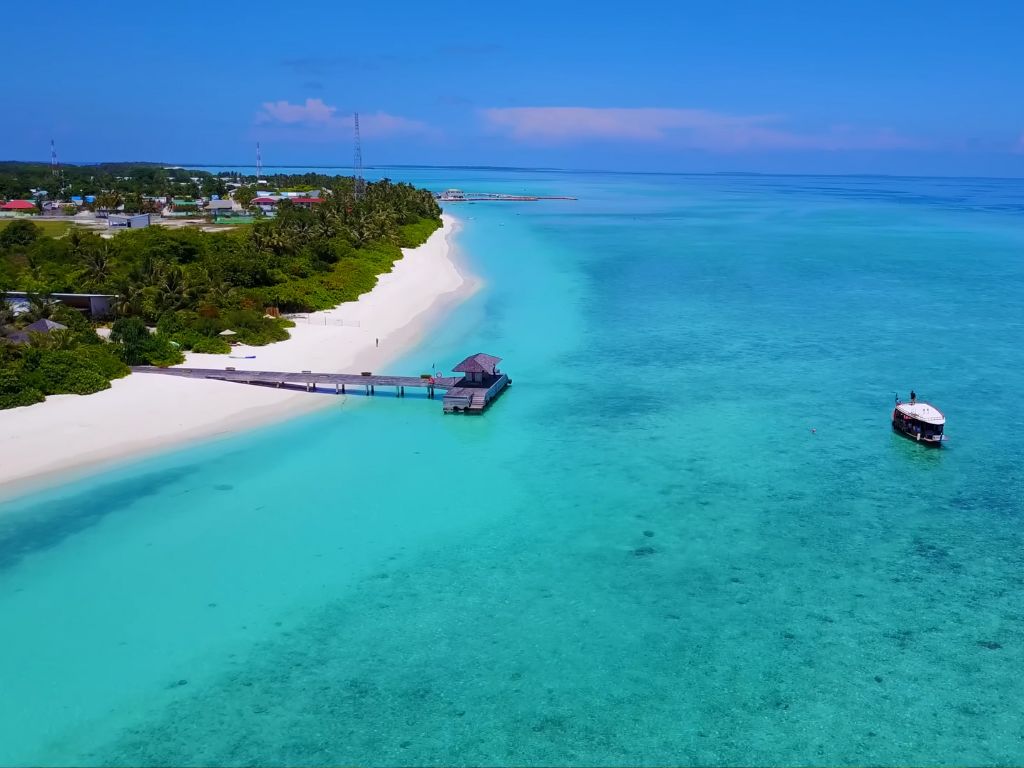
Overview of Travel Risks in Jamaica
Jamaica is a popular Caribbean destination, but travelers must be aware of the significant security challenges that exist throughout the country. Violence and shootings occur regularly in many neighborhoods, communities, and parishes, posing a serious threat to both locals and visitors alike.
High Crime Rates
The high crime rates in Jamaica are a major concern, with the country reporting some of the highest homicide rates in the Western Hemisphere in recent years. U.S. government personnel under Chief of Mission (COM) security responsibility are prohibited from traveling to many areas due to the increased risk of violent crimes, such as home invasions, armed robberies, and homicides.
Violent Crimes and Sexual Assaults
Violent crimes, including sexual assaults, are alarmingly common in Jamaica. Sexual assaults occur frequently, even at all-inclusive resorts, and local police often do not respond effectively to these serious criminal incidents. Travelers must exercise extreme caution and remain vigilant to avoid becoming victims of such heinous acts.
Poor Emergency and Medical Services
The quality and availability of emergency services and medical care in Jamaica vary greatly throughout the island. Response times and the level of care may not meet the standards that travelers are accustomed to in the United States. Public hospitals are often under-resourced and unable to provide high-level or specialized care, while private hospitals may require upfront payment before admitting patients and may lack the ability to handle complex medical situations.
Areas with Travel Restrictions
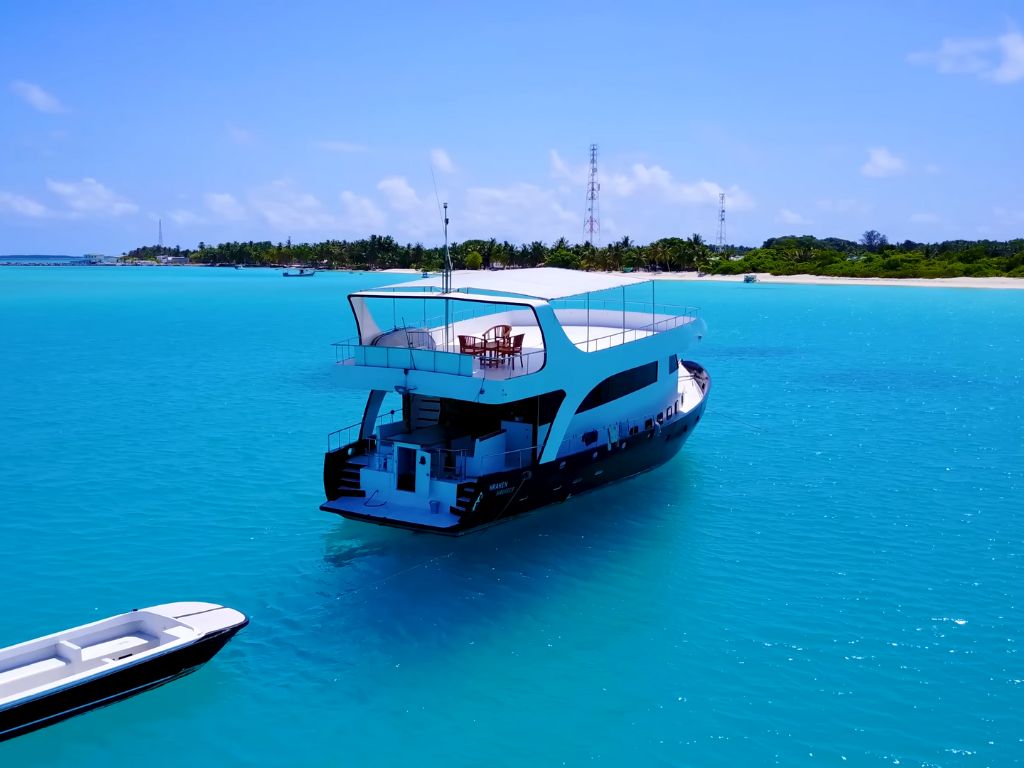
Due to the high crime rates in certain areas of Jamaica, the U.S. government has prohibited its personnel under Chief of Mission (COM) security responsibility from traveling to several regions across the island. These restricted travel areas in Jamaica, considered high crime areas and dangerous neighborhoods, or no-go zones, pose a significant risk to visitors’ safety and security.
St. Ann’s Parish
U.S. government personnel are prohibited from visiting Steer Town and the Buckfield neighborhood near Ocho Rios in St. Ann’s Parish due to the elevated crime levels in these areas.
St. Catherine’s Parish
Spanish Town, Central Village, and specific areas within Portmore in St. Catherine’s Parish have been designated as off-limits for U.S. government personnel due to the prevalence of violent crimes in these high crime areas in Jamaica.
Clarendon Parish
Except for passing through Clarendon Parish using the T1 and A2 highways, the entire parish has been deemed a restricted travel zone for U.S. government personnel because of the dangerous neighborhoods in Jamaica located there.
St. Elizabeth’s Parish
The Vineyard District Community, situated between the communities of Salt Spring and Burnt Savanna, has been identified as a no-go zone in Jamaica for U.S. government personnel due to the elevated crime rates in the area.
Hanover Parish
The communities of Logwood and Orange Bay in Hanover Parish have been designated as restricted travel zones for U.S. government personnel as a result of the high crime areas in Jamaica found in these locations.
St. James Parish/Montego Bay
All of Montego Bay on the inland side of the A1 highway, as well as The Queen’s Drive from San San to Harmony Beach Park, have been prohibited for travel by U.S. government personnel due to the restricted travel areas in Jamaica and the increased risk of violent crimes in these areas.
Kingston and St. Andrew Parish
Several neighborhoods in Kingston and St. Andrew Parish, including Cassava Piece, Downtown Kingston (between Mountain View Avenue and Hagley Park Road, and south of Half Way Tree and Old Hope Roads), Duhaney Park, Grants Pen, Standpipe, Swallowfield, Elleston Flats, and August Town, have been designated as no-go zones in Jamaica for U.S. government personnel due to the high levels of crime and violence in these dangerous neighborhoods in Jamaica.
Jamaica Travel Advisory
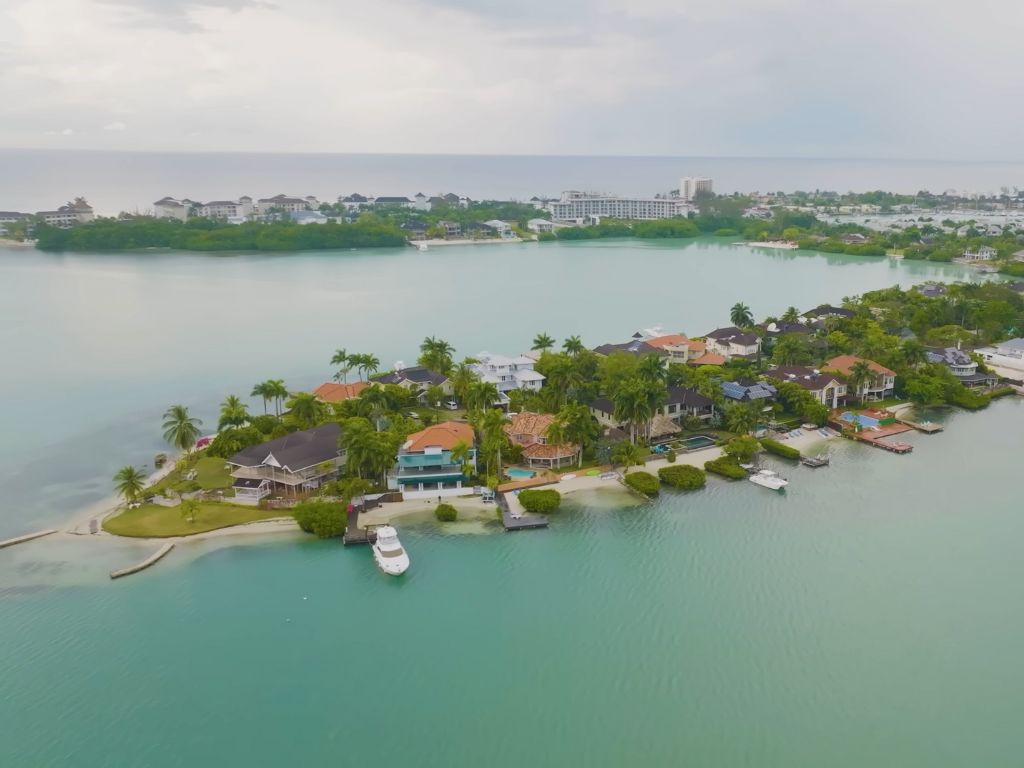
The U.S. government advises reconsidering travel to Jamaica due to the high crime rates and concerns over medical services. U.S. government personnel under Chief of Mission (COM) security responsibility are prohibited from traveling to many areas of the country due to the increased risk of violent crimes, such as home invasions, armed robberies, sexual assaults, and homicides, which are widely reported across Jamaica.
The sexual assault rate in Jamaica, including at all-inclusive resorts, is also a major concern. Furthermore, the local police often do not effectively respond to serious criminal incidents, and cases are infrequently prosecuted to a conclusive sentence. The homicide rate reported by the Jamaican government has been among the highest in the Western Hemisphere for several years.
Travelers should also be aware that emergency services and hospital care can vary greatly throughout the island, and the quality and response times may differ significantly from U.S. standards. Public hospitals are often under-resourced and may not be able to provide the necessary level of specialized care, while private hospitals may require upfront payment before admitting patients.
| Keyword | Usage in Text |
|---|---|
| US government travel advisory for Jamaica | The U.S. government advises reconsidering travel to Jamaica due to the high crime rates and concerns over medical services. |
| travel warnings for Jamaica | U.S. government personnel under Chief of Mission (COM) security responsibility are prohibited from traveling to many areas of the country due to the increased risk. |
| Jamaica travel risks | Violent crimes, such as home invasions, armed robberies, sexual assaults, and homicides, are widely reported across Jamaica. The sexual assault rate in Jamaica, including at all-inclusive resorts, is also a major concern. |
| travel safety in Jamaica | Travelers should also be aware that emergency services and hospital care can vary greatly throughout the island, and the quality and response times may differ significantly from U.S. standards. |
Legal Considerations and Penalties
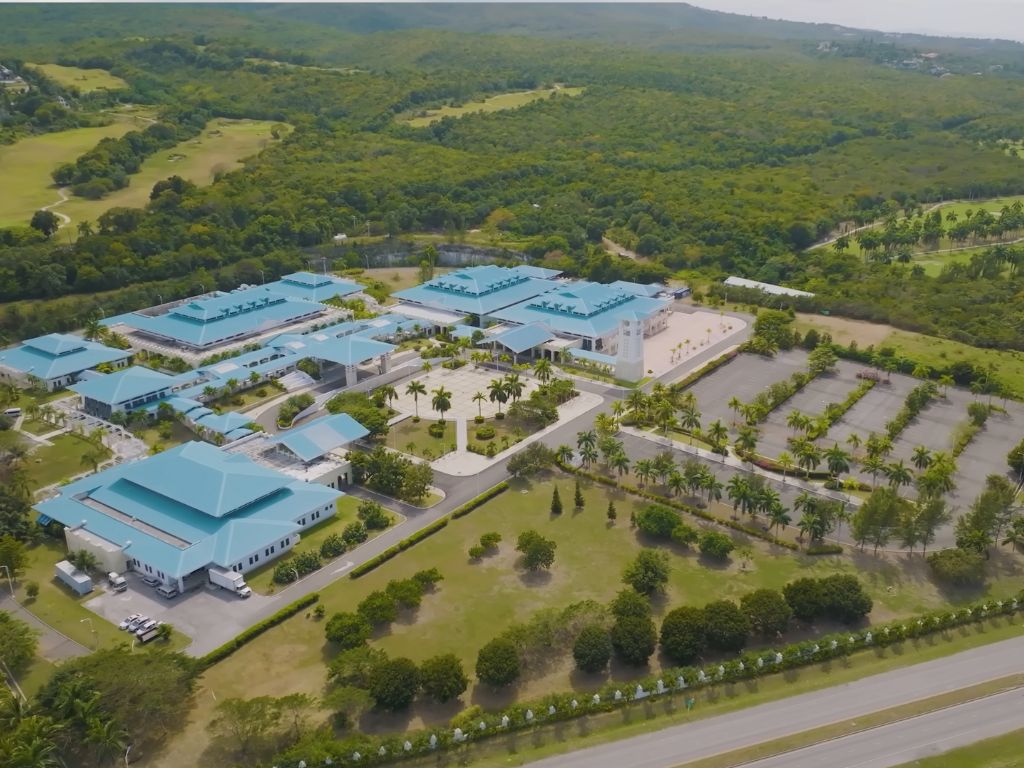
Travelers to Jamaica should be aware of the country’s strict laws and penalties regarding firearms, ammunition, and other prohibited items. Understanding these legal considerations is crucial to ensuring a safe and legal visit.
Firearms and Ammunition Restrictions
Jamaica strictly forbids importing or possessing firearms in Jamaica without prior authorization from the Firearms Licensing Authority of Jamaica. A U.S. concealed carry permit does not allow you to bring a firearm or ammunition into Jamaica. On November 1, 2022, the Firearms (Prohibition, Restriction and Regulation) Act 2022 went into effect, which includes mandatory minimum sentences of 15 years for possession of even a single cartridge. If you bring an unauthorized firearm, firearm components, firearm parts, or ammunition to Jamaica, you will be arrested and prosecuted, resulting in a large fine and/or incarceration for an unspecified amount of time.
Bringing mace, pepper spray, or knives into Jamaica without authorization will also lead to arrest. Travelers should not attempt to bring any of these items, even inadvertently, as the penalties can be severe.
Arrest and Detention Procedures
If you are arrested or detained in Jamaica, it is crucial to ask the police or prison officials to notify the U.S. Embassy immediately. The U.S. government can provide consular assistance and help ensure your rights are respected during the legal process.
Understanding the Jamaica firearms laws, Jamaica arrest procedures, legal penalties in Jamaica, and other legal considerations for travelers in Jamaica is essential for a safe and successful visit. Adhering to these laws and procedures can help travelers avoid serious legal consequences and ensure their trip is as enjoyable and incident-free as possible.
Travel Advisories for Specific Groups
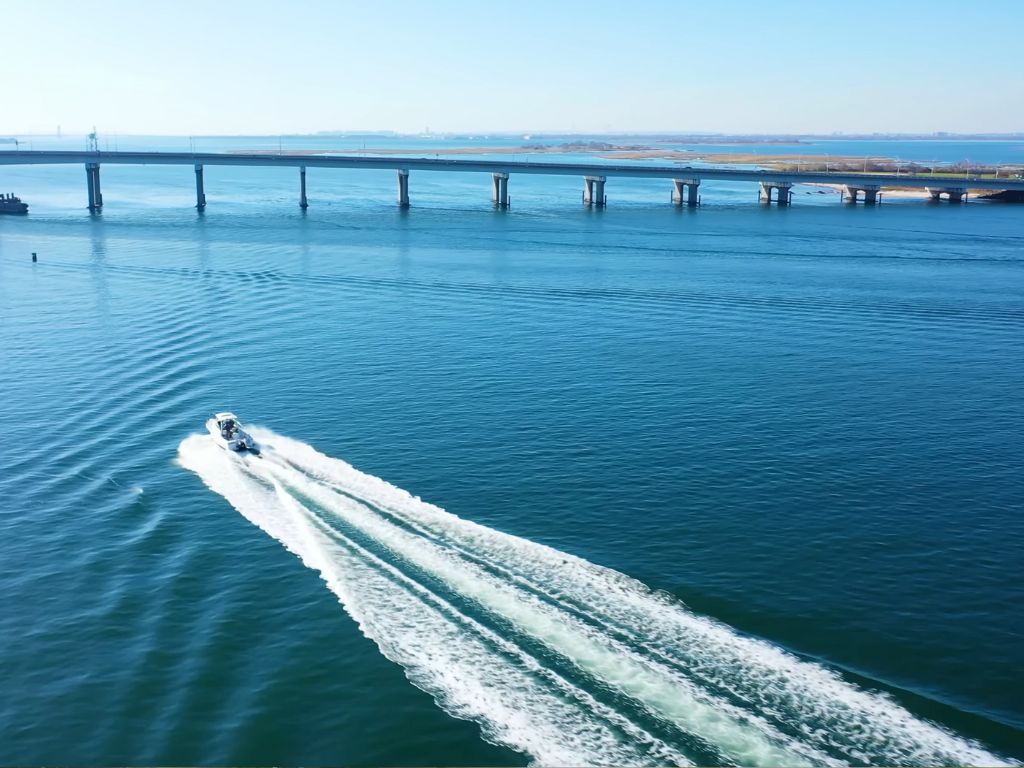
While the general travel advisory for Jamaica highlights the need for increased caution, certain traveler groups may face additional considerations. Let’s explore the specific guidance for faith-based travelers, LGBTQI+ individuals, travelers with disabilities, students, and women in Jamaica.
Faith-Based Travelers
For faith-based travelers, the U.S. government’s webpages provide detailed information and guidance on navigating the religious landscape in Jamaica. It’s essential to research local customs and sensitivities to ensure a respectful and safe experience.
LGBTQI+ Travelers
Jamaica’s laws contain specific prohibitions on “acts of gross indecency” between persons of the same sex, both in public and private, with penalties of up to 10 years in prison. Additionally, there is a law that specifically criminalizes consensual same-sex sexual conduct between men. Negative attitudes towards LGBTQI+ issues are widespread, and there are continued reports of serious discrimination and abuse against LGBTQI+ individuals in the country.
Travelers with Disabilities
While Jamaican law prohibits discrimination against persons with disabilities, the enforcement of these laws is often inconsistent. Accessibility in public transportation, lodging, communication, and general infrastructure can be limited, with significant differences between major cities and smaller communities. Travelers with disabilities may find it challenging to locate qualified service providers, especially outside of the larger urban areas.
Students
Students planning to travel to Jamaica should consult the U.S. government’s Students Abroad page and familiarize themselves with the FBI’s travel tips for this destination. Comprehensive preparation and a thorough understanding of the local conditions can help ensure a safer and more enriching experience.
Women Travelers
Female travelers to Jamaica should review the U.S. government’s travel tips for Women Travelers, which provide valuable guidance on prioritizing safety and navigating potential challenges. By being informed and taking necessary precautions, women can help ensure a more secure and enjoyable visit to the island.
Safety Tips for Travelers
If you decide to travel to Jamaica, it’s crucial to take several precautions for your safety. First and foremost, do not attempt to bring firearms or ammunition, even inadvertently, as the penalties in Jamaica are severe. Avoid walking or driving at night, steer clear of public buses, and refrain from venturing into secluded places or situations. Additionally, do not physically resist any robbery attempt, as your safety should be the top priority.
Remain vigilant and aware of your surroundings at all times. Maintain a low profile to minimize the risk of becoming a target. Enroll in the Smart Traveler Enrollment Program (STEP) to receive alerts and make it easier for authorities to locate you in an emergency. Follow the U.S. Department of State on social media and regularly review the country information and security reports to stay informed about the latest travel advisories and safety concerns in Jamaica.
Prepare a contingency plan for emergency situations and thoroughly review the Traveler’s Checklist. Visit the Centers for Disease Control and Prevention (CDC) website to stay up-to-date on the latest travel health information and recommended precautions for visitors to Jamaica.
By taking these safety tips for traveling to Jamaica, being proactive about how to stay safe in Jamaica, and following the recommended precautions for visitors to Jamaica, you can help ensure a safer and more enjoyable experience during your travels to this Caribbean destination.
Conclusion
In conclusion, the U.S. government advises reconsidering travel to Jamaica due to the high crime rates, including violent crimes, sexual assaults, and homicides. U.S. government personnel are prohibited from traveling to many areas of the country due to the increased risk. Emergency services and medical care can vary greatly and may not meet U.S. standards. Travelers should be aware of the legal considerations and penalties, especially regarding firearms and ammunition, and take appropriate safety precautions.
Specific groups, such as faith-based travelers, LGBTQI+ individuals, those with disabilities, students, and women, should review the additional travel advisories and information provided. By being informed and taking necessary precautions, travelers can help ensure a safer and more enjoyable experience in Jamaica. The conclusion of the Jamaica travel advisory highlights the key takeaways for travelers, summarizing the travel risks in the country.
Ultimately, the U.S. government’s recommendation to reconsider travel to Jamaica due to the high crime rates and variable medical services underscores the importance of thorough research and careful planning for anyone considering a trip to the island nation.
FAQ
What are the main travel risks in Jamaica?
The main travel risks in Jamaica include high crime rates, violent crimes such as home invasions, armed robberies, sexual assaults, and homicides, as well as poor emergency services and medical care that may not meet U.S. standards.
What areas of Jamaica are restricted for U.S. government personnel?
U.S. government personnel under Chief of Mission (COM) security responsibility are prohibited from traveling to many areas of Jamaica due to increased risk, including parts of St. Ann’s Parish, St. Catherine’s Parish, Clarendon Parish, St. Elizabeth’s Parish, Hanover Parish, St. James Parish/Montego Bay, and Kingston and St. Andrew Parish.
What are the legal considerations for travelers in Jamaica?
Jamaica strictly forbids importing or possessing firearms and ammunition without prior authorization, and the penalties are severe, including mandatory minimum sentences of 15 years for possession of even a single cartridge. Bringing mace, pepper spray, or knives into Jamaica without authorization will also lead to arrest.
What travel advisories are in place for specific groups of travelers?
Specific travel advisories exist for faith-based travelers, LGBTQI+ individuals, travelers with disabilities, students, and women travelers in Jamaica, due to various legal, social, and accessibility considerations.
What safety precautions should travelers take in Jamaica?
Travelers should avoid walking or driving at night, avoid public buses and secluded places, keep a low profile, enroll in the Smart Traveler Enrollment Program (STEP), and review the Traveler’s Checklist and other government resources for the latest travel health and safety information.
Source Links
- https://travel.state.gov/content/travel/en/traveladvisories/traveladvisories/jamaica-travel-advisory.html
- https://travel.state.gov/content/travel/en/traveladvisories/traveladvisories.html/
- https://travel.state.gov/content/travel/en/international-travel/International-Travel-Country-Information-Pages/Jamaica.html

